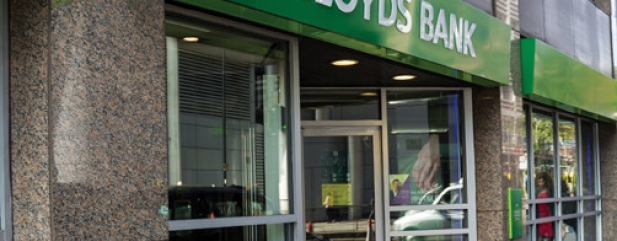Archived article
Please note that tax, investment, pension and ISA rules can change and the information and any views contained in this article may now be inaccurate.
Temple Bar could outperform if markets turn sour

Investors seeking a portfolio of cheap, dividend-paying stocks and selling on a 6.3% discount to net asset value (NAV) should look to Temple Bar Investment Trust (TMPL).
This fund has a lot of attractions but isn’t suited to someone who is impatient and wants to see immediate gains.
Value investing is currently out of fashion so anyone buy Temple Bar needs to understand that its shares are unlikely to race ahead near-term. However, we still think it is worth owning as it could fare better than other funds during periods of market sell-offs, as the undemanding valuations in the underlying portfolio offer a margin of safety.
In a market sell-off, stocks trading on very high valuations will likely be punished as the market is no longer prepared to pay such high multiples of earnings. In contrast, stocks in Temple Bar’s portfolio are already trading on lower multiples.
Managed by Alastair Mundy, Temple Bar seeks to provide investors with growth in income and capital to achieve a long-term total return greater than the benchmark FTSE All-Share index. The bulk of the domestically-skewed portfolio is invested in the FTSE 350.
Mundy scours the market for unloved, misunderstood or forgotten stocks – separating the ‘dogs from the delightful’. Undertaking deep fundamental analysis, he invests early in recovery situations and holds for long periods. He uses enterprise value rather than market value as a metric to ensure his analysis allows for debt and pension deficits.
During the first half of 2019, Temple Bar’s total return slightly underperformed that of the All-Share, Mundy’s value style remaining out of fashion. However the trust has outperformed the benchmark on a decade-long view.
Temple Bar is also one of The Association of Investment Companies’ ‘Dividend Heroes’, trusts that have increased annual dividends for 20 consecutive years or more.
For 2018, the quarterly dividend-paying fund increased the shareholder reward by 10% to 46.72p. This marked the 35th consecutive year of growth, despite some years of low payout growth from the underlying portfolio, notably in 2000 and 2009 when many companies actually reduced their dividends.
Portfolio holdings now include pharmaceutical giant GlaxoSmithKline (GSK) and oil major Royal Dutch Shell (RDSB). Temple Bar also offers exposure to Lloyds (LLOY) and dividend resumption story Royal Bank of Scotland (RBS). ‘We just want them to be dull and boring,’ says Mundy of the banks.
Other positions include Tesco (TSCO), fashion brand Superdry (SDRY), builders’ merchant Travis Perkins (TPK) and support services group Capita (CPI).
Temple Bar also holds physical gold and silver for portfolio diversification and an inflation hedge.
Important information:
These articles are provided by Shares magazine which is published by AJ Bell Media, a part of AJ Bell. Shares is not written by AJ Bell.
Shares is provided for your general information and use and is not a personal recommendation to invest. It is not intended to be relied upon by you in making or not making any investment decisions. The investments referred to in these articles will not be suitable for all investors. If in doubt please seek appropriate independent financial advice.
Investors acting on the information in these articles do so at their own risk and AJ Bell Media and its staff do not accept liability for losses suffered by investors as a result of their investment decisions.
 magazine
magazine









